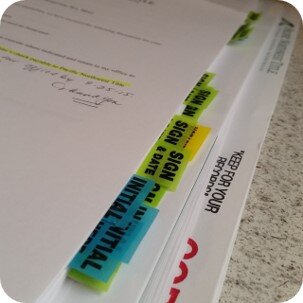8 Signs You Bought The Wrong House
Believe it or not, 93% of home buyers immediately regret purchasing their homes.
It’s quite common. It’s called buyer’s remorse.
What’s tricky for these newly minted homeowners, is knowing whether or not they bought the wrong house or if it’s just a case of buyer’s remorse that will eventually work itself out.
This article will break down the top 10 signs that you bought the wrong house.
By the end of this guide, you will:
- Know with certainty whether or not you bought the wrong house.
- What signs are more serious than others.
- Why certain signs can predict other unknown issues with your home.
- How to think about selling when you bought the wrong house.
Let’s go!

Skip The Signs and Sell Your House Today: Whether the wrong house or just not the right house for you, we can buy your house with cash. It’s a fast and easy process.
1. Foundation Issues
The most common and tangible issue that might be a sure sign you bought the wrong house is when you realize there are significant foundation issues.
Living on top of a structure that is unsound is a breeding ground for other problems.
And worst of all, fixing a foundation is expensive and labor intensive. We’re talking upwards of $60,000 and 4-5 months of construction.
Most buyers would prefer to just not buy a home with foundation issues.
Here’s a quick way to tell if your foundation is a problem:
- Interior and exterior doors not closing properly
- Cracks in masonry walls
- Sheetrock fissures or breaks
- Leaks in your foundation walls
- Uneven floors or ceilings
The reason that foundation issues are so critical is because everything else in the building depends on a level and solid foundation. Without a good structure, your home is prone to issues.
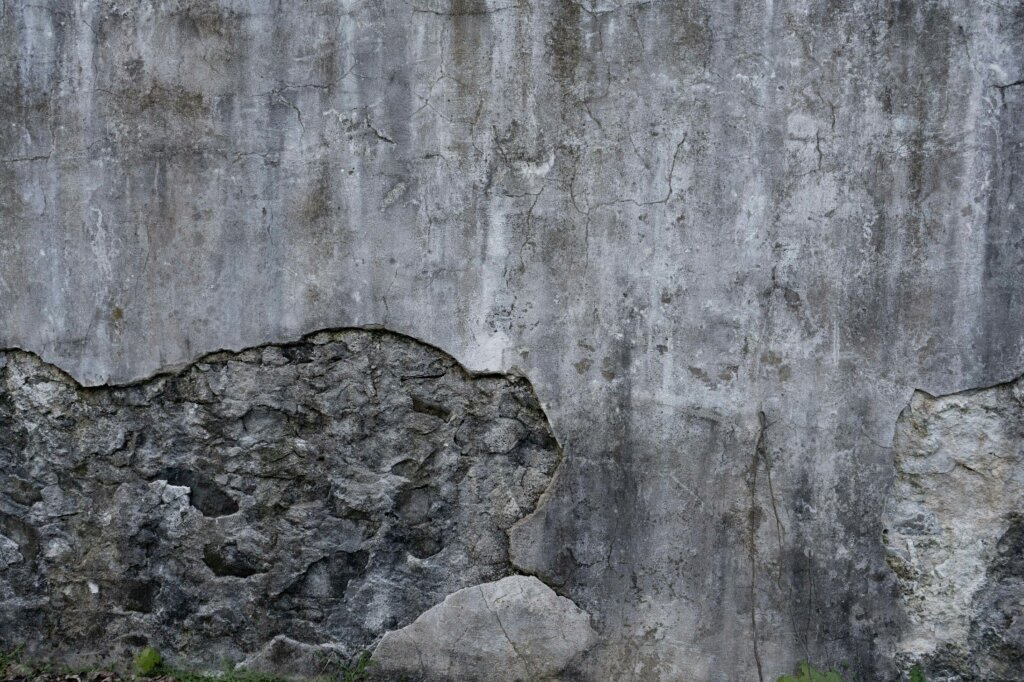
A bad foundation is the #1 sign that you bought the wrong home.
2. Hazardous Issues
Another very common issue that impacts the utility of the house is anything dangerous or life threatening that requires some sort of remediation or fix.
This is a strong sign that you just purchased the wrong home if you now have to further invest into making it a safe and livable for you and your family before you even get settled in.
I have a company that purchases homes in Philadelphia and the buyers I work with commonly cite the following hazards as deal breakers:
- Knob & Tube Wiring
- Mold or Mildew
- Water Damage
- Termites
- Lead Paint or Pipes
- Asbestos
If you just discovered any of these issues in the home you bought, then it’s a sure sign that you might have made a huge mistake.
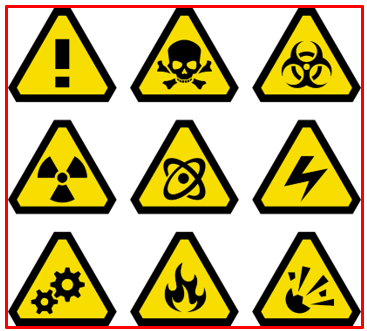
3. Financial Burdens
Getting yourself into a new home is one thing, but maxing out your financial limits is an entirely different thing.
On the one hand, you’re probably pretty happy about the fact that you just purchased a house.
However, you’re now stretched to make your monthly payments work.
And with climbing interest rates, it’s becoming more and more difficult to sustain loan payments, taxes and insurance.
A sure sign that you bought the wrong house is when you start to fall behind on your mortgage. Before you sell your house in foreclosure, take this as a sign that maybe you just got into the wrong property and bit off more than you could chew.
Many homeowners end up buying a house they simply cannot afford.
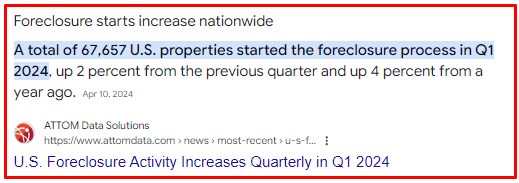
The statistics show that you’re not alone.
4. Poor Craftsmanship
This signal is less direct and severe than the first three, but has the most predictive power out of all of them.
Here’s why:
Poor craftsmanship can be a great way to tell if there are hidden problems with your property.
What do I mean by this?
Usually, you can pick up on the little things about your home after you close on it and move in.
These could be things like attention to detail on paint and woodwork, selection of materials for doors, windows and cabinets, etc.
You’ll learn a lot from just seeing what has already been done and updated in the house.
And by observing this, you’ll also have a great idea of what might have been missed or skipped.
For example, here’s a small detail that could be a larger sign you bought the wrong house.
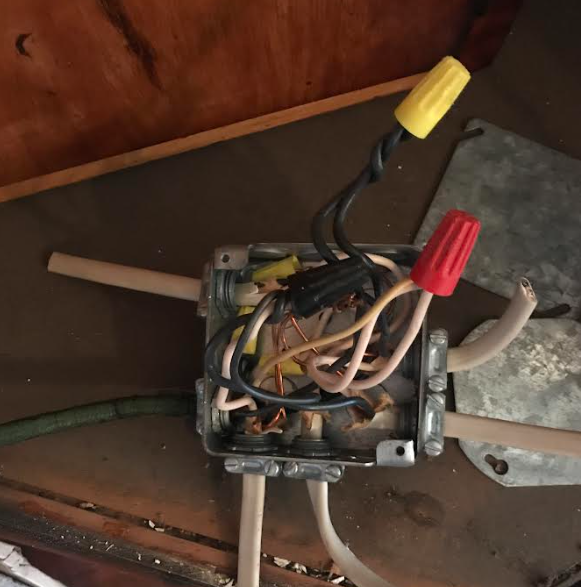
This is an outlet that was wired incorrectly. It connects new wiring to older out-of-code wiring.
It’s clearly a shortcut.
We see this a lot when a handyman or electrician wanted to get the job done without having to replace a larger portion of the home’s wiring. It’s too expensive and cumbersome to do properly.
Here’s why this minor detail is a problem and sign that bought the wrong house.
Anytime you need to update your electrical, you could be facing this old wiring.
The older wiring is dangerous and can create fire easily. It’s likely that there’s a lot more of it buried in your walls.
Also, if you’re new wiring, circuit or electrical outlet breaks then you need to find someone who will replace it “as is” – which is incorrect to begin with. Not a lot of contractors would want to sign up for that.
But the predictive element of this is that the same handyman who took this shortcut, probably also took other shortcuts to stay under budget and on time.
Shoddy electrical work can be a precursor to leaky roofs, bad repair jobs, temporary fixes and other improvements that are not up to code.
5. Questionable Location
The physical location of your home is something you really cannot change.
It’s immutable.
But it’s also a key factor in your home purchase decision.
Getting this one wrong means you have to live in a place you don’t want to. Nobody likes that feeling.
Most of the time, the sure signs of buying a house in the wrong location are evident in the fact that the neighborhood is dangerous or that the house is far from work/friends/family/relatives/etc.
If you bought a home in a bad location, don’t take it out on yourself.
Buyers mess this up frequently:

Over 1 in 4 buyers regret the location that they purchase in.
What’s even more astounding is that the same amount also claim to have bad neighbors!
6. Bad Neighbors
Living in a house with bad neighbors can be a glaring sign that you bought the wrong house.
In your defense, you probably would not have known this before closing on the property. Neighbors are just one of those unknowns that you need to be flexible with.
In my experience, bad neighbors typically fall into one of the following profiles (or multiple):
- Nosy
- Noisy
- Messy
- Angry
I know what you’re thinking:

Am I just listing the 7 dwarfs from Snow White?
Believe me. I did my research on this one.
7. Depression
If you or others in your home have begun feeling depressed since moving in, then take that as a signal that you might have made the wrong home purchase.
Don’t confuse depression with buyer’s remorse though!
It’s common to feel anxious and sad when you move. Relocation depression is common with new home purchases.
The depression I am referring to is one that is lasting and more severe.
Your feelings are a great signal that should always be listened to.
If you’re feeling depressed in a house you just bought, please do the following:
- Consult with others and share your feelings. In more serious cases, ask for help. Depression is not to be taken lightly.
- Find the root cause of your depressed feelings. Are you not happy in the house? Is it the location, the house, the people, etc.?
- Determine if there is a longer-term solution. Can you find a way to stay in this house and improve your depression?
- If all else fails, you may want to consider selling the house and moving somewhere else that makes you feel better inside.
Nobody likes feeling depressed.
If you’re able to link the source of your depression to the home you just purchased, then something will need to change.
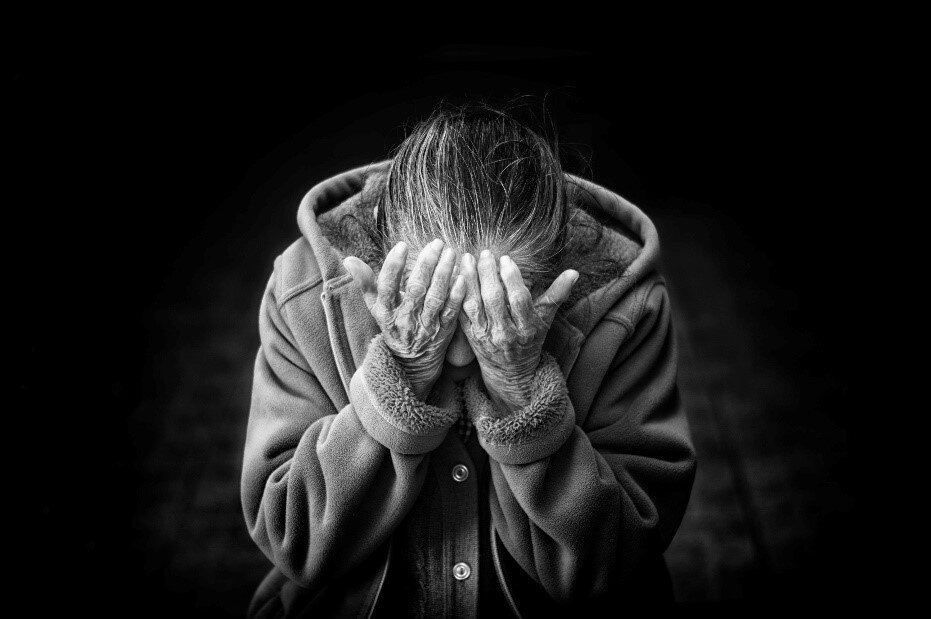
This is why it is one of the major signs that you may have just bought the wrong house.
8. Your Own Stress Level
The biggest and most obvious sign that you just bought the wrong house…

It’s the fact that you already felt the need to go to Google and search for “signs that you bought the wrong house”.
And that’s probably what brought you here to this article.
In any case, your own stress level reached a point that you went out to the internet looking to get more details on it.
And that alone speaks volumes.
If you’re actively looking online for the signs that suggest you purchased the wrong house, it’s pretty likely that you might have just done that yourself – because that is the main sign!
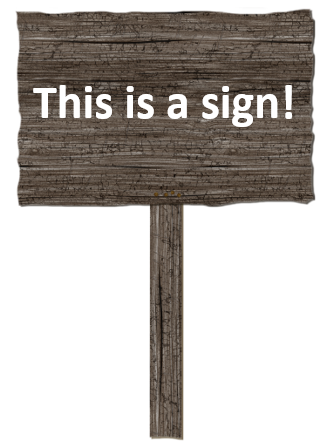
You Bought The Wrong House – Now What?
By now, you should have a good idea of whether or not you bought the wrong house.
Look for the signs and always trust you gut instinct.
If you did indeed buy the wrong house, then you need a plan.
It’s not the end of the world, but here are your options:
- You can fix whatever the problem is that is causing you to feel like you bought the wrong house.
- You can sell the house to the next person.
Remember, some of the signs above are not easily fixed.
Foundations are expensive.
Asbestos abatement is expensive.
You cannot lift up a house and change its location.
If you feel like you cannot fix the issue, then maybe selling your house is the right thing to do.
There’s nothing wrong with selling a house you just bought.
People do it all the time.
If you are planning to sell your house and you just closed on it one or two years ago, then it’s unlikely that you will have built up enough equity to walk away with any extra money at closing.
Plus, you’ll have to pay for another agent which can easily put you upside down financially.
If this sounds like your situation, then contact my house buying company.
We have a specialized offer for homeowners who want to sell a house they just purchased.
There are:
- no agent commissions
- no repairs
- no cleaning
- no other fees
In fact, the offer guarantees that you walk away with money in your pocket.
Do you want to find out what we could offer you for your house?
Fill out the form below to get started:
More Blog Articles You Might Enjoy

Author: Doug Greene
Doug Greene is no stranger to all topics real estate and business. For over a decade he has been educating others and helping homeowners navigate difficult, complex problems with their property.
His work has been featured in the NY Times, Washington Post, Realtor.com, Apartment Therapy, HomeLight, Homes & Gardens and many more.


 Fact Checked
Fact Checked